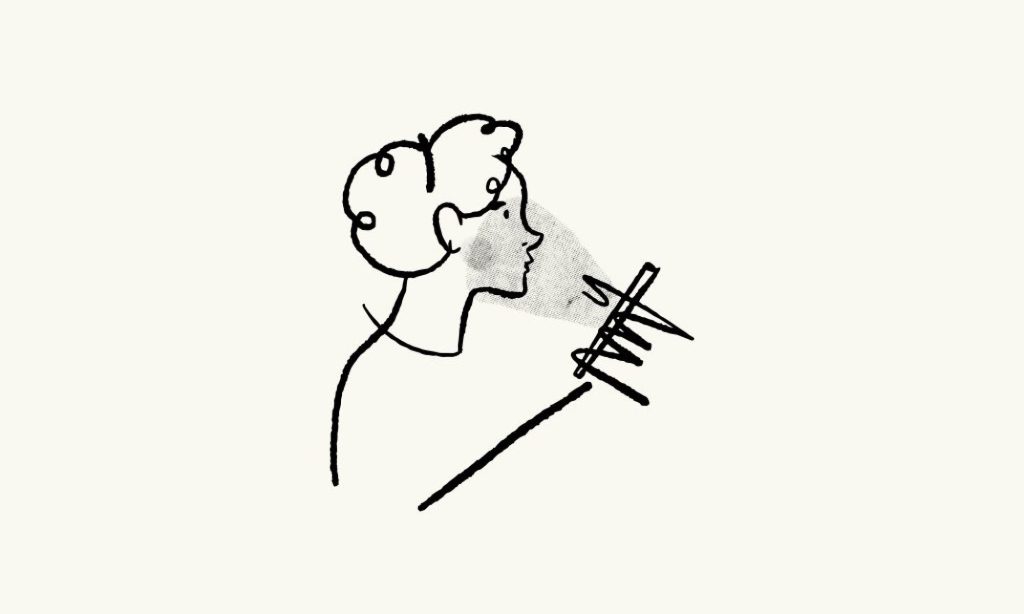I come from the country India, which famously is the largest democracy in the world. I use the word ‘Democracy’ very loosely in this context. It is very similar to Britain’s Parliamentary System. We also have a Prime Minister who leads the ruling party and serves as the head of the government. Having said that, the media under our Prime Minister Narendra Modi functions in a capitalist as well as a socialist economy and therefore is highly regulated and controlled. Because of the heavy gate-keeping by the authorities, it serves to build a specific narrative around the current ruling party and the PM.

India’s press freedom has always played a crucial part in shaping India’s culture and protecting India’s democracy since its independence from Britain in 1947. However, the current scenario indicates otherwise. Government officials are known to pressurise or bribe news outlets to ignore and not report the uglier side of his party’s objectives, which is to modify India from a tolerant and culturally diverse country into a majorly Hindu one.
The decisions made by our government are influenced by their vested political and economic interests with little public opinion consideration or input. As McChesney rightly mentions in his work Rich Media, Poor Democracy: Communication Politics in Dubious Times, “The media system is linked ever more closely to the capitalist system, both through ownership and through its reliance upon advertising, a function dominated by the largest firms in the economy. Capitalism benefits from having a formally democratic system, but capitalism works best when elites make the most fundamental decisions and the bulk of the population is depoliticised.”
India’s business model prevents independent media organisations to strive without any intervention from the government or the business leaders. Their operations are either impeded, or the journalists and advertisers are threatened and harassed. Sadly this practice has worked in the government’s favour, major news media outlets have surrendered to the suppression tactics and even sceptical journalists have censored themselves in order to not be branded as anti-nationalists.
But, amidst this ongoing humanitarian crisis, some digital news media organisations emerged as bastions of a disruptive new wave. One Independent media organisation that comes to mind is Scroll.in. They are digital news only organisation with the widest reach in India. They pride themselves on bringing sharp focus to the stories that go unreported. As they say on their blog website, “Our goal is to add critical perspectives to these stories through rigorous reporting, objective analyses, and expert commentary.”
They play a very important role in the ‘democratisation’ of media in our country. Many aspects come into play, first and foremost they do not take any funding from the government and are fully dependant on their own subscription/advertising model. They also receive donations from their readers. They have their in-house newsroom which either does on-site reporting or receive a contribution in the form of videos, photos and articles. Second, they are bold enough to present critical points of view as well as encourage their readers to question the authority instead of just accepting it as the absolute truth, while also reporting events without being biased and opinionated. They are bold enough to be Politically Incorrect. Last but not the least, they give a voice to the underrepresented communities that are usually silenced or ignored by the mainstream media.
Below is an example of uncensored news, while the mainstream media has covered the events as well, they have been majorly trying to shift the blame instead of holding the authorities accountable.
I would like to end this blog with a quote from Robert Waterman McChesney’s book Rich Media, Poor Democracy: Communication Politics in Dubious Times, “If we value democracy, it is imperative that we restructure the media system so that it reconnects with the mass of citizens who in fact comprise ‘democracy’. The media reform I envision and write about here can take place only if it is part of a broader political movement to shift power from the few to the many.”
